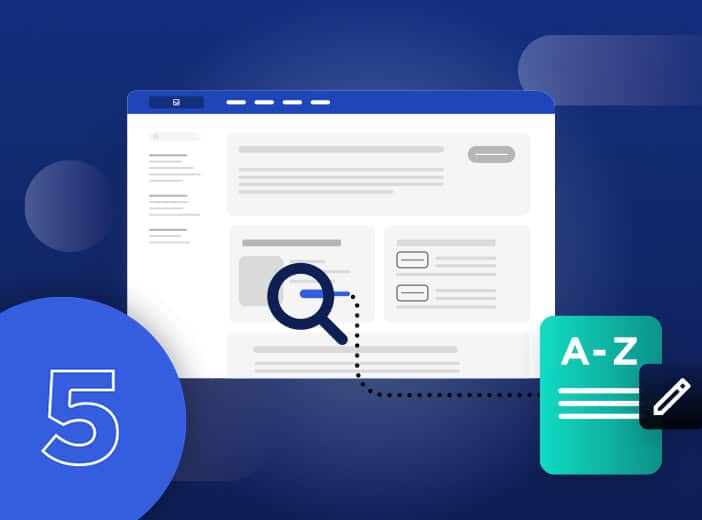Are PDF and Excel a Thing of the Past?
Most companies use PDF and Excel in their everyday operation. Although they are powerful tools for information processing, they fall short when it comes to meeting the needs of data exploitation or improving the efficiency and communication of employees. To optimize the use of data, we must replace the simple office software with high-performance data sharing platforms.

Most companies use PDF and Excel in their everyday operation. Although they are powerful tools for information processing, they fall short when it comes to meeting the needs of data exploitation or improving the efficiency and communication of employees. To optimize the use of data, we must replace the simple office software with high-performance data sharing platforms.
PDF and Excel: Useful but Inadequate
In companies around the world, employees use PDF and Excel for everything from financial reports, inventory counts to project management. As a useful tool, Excel is timesaving while allowing autonomy and agility. However, this flexibility comes with many drawbacks when it comes to making the most out of data. When presenting data, PDF and Excel documents freeze the data, thus preventing users from manipulating and interacting with the content. As data collection and presentation tools, PDF and Excel are inadequate for subsequent reuses and effective exploitation of data.
Office softwares are designed for personal use, not for an organization. When shared collectively among the employees, these documents are vulnerable to errors and unreliable between the countless copy-pastes and the various back-and-forths between users. Not to mention the problem of convoluted data and lack of transparency – for example, you can’t really correct data errors in a financial report when it is presented in a PDF. With these softwares, the risk of errors and the difficulty to keep data updated can slow down the decision-making process. In addition, not having control over who can and cannot access the documents makes data sharing vulnerable to breaches.
In addition to being unreliable and vulnerable to errors, these data processing tools fail to truly make use of data to increase organization efficiency and boost business performance. Clients and partners want their user experience to be as intuitive and interactive as possible, with a tool that lets them easily visualize, search, and extract data. This is particularly true for the younger generation of web users, the digital natives,1 who are looking for an intuitive browsing experience instead of downloading an elaborate PDF.
The Importance of an Interactive Platform
Any self-proclaimed data-driven2 organization can no longer afford to present its data in a simple table in Excel or PDF files. A truly data-driven organization or business should offer a user experience as simple and intuitive as searching in Google Maps. It is imperative to create a database for your organization and a shared portal in order to allow everyone to access data as easily as if using a search engine. With controlled, shared access, the data portal keeps everything in one place and guarantees a minimum level of error, while enabling quick, strategic and informed decision making. With everything in one place, companies minimize the risks associated with data from different versions and sources. While a platform may not always be immune from hackers, companies can define strict security policies for the portal and set up a monitoring system to track access.
Large corporations are beginning to understand the importance of a robust, operational platform for data. For example, France’s largest transport railway corporation SNCF has expanded its open data policy to make more information available to travelers.
Big data is an important element for the digital economy. Every day, retail3 and IoT4 companies handle documents with thousands of lines of data that Excel is unable to process. With a data sharing platform, companies benefit from a simple, innovative, and interactive interface. Data that was once difficult to access will be readily available, allowing employees to process it without having to worry about deadlines or resources. Thanks to regular updates, a cloud-hosted platform lets employees access all new data instantaneously. Today, there are many simple data sharing solutions that do not require any technical expertise or a costly, complex integration.
Organizations face the challenge of providing a smooth, intuitive, and powerful user experience regardless of the volume of their data. Office software is not designed to meet this challenge. The goal is not to eliminate these tools, but to use them for their intended purpose. In order to reap the full benefits of all their data, organizations must use the proper tools and adopt an integrated data sharing strategy.
1. The generation that grew up in the digital age
2. A company that makes data-driven decisions
3. Retail activity
4. Internet of Things



